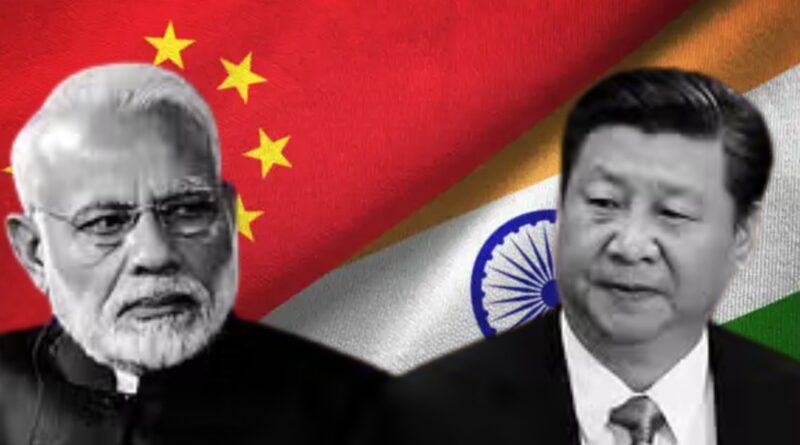China Denies Dumping and Cut-Throat Trade Practices in India
China Responds to Allegations of Dumping Goods in India
Trade tensions between countries often make headlines. Recently, the spotlight fell on China and its trade practices with India.
There have been rising concerns in India about Chinese goods entering the market at very low prices, undercutting local businesses. But now, China is stepping up to defend itself.
What is “Dumping” and Why Does It Matter?
Before we go further, let’s quickly understand what “dumping” means in the business world.
Dumping happens when a country sells products in another country at prices lower than what they charge at home. Why would they do that?
But countries buying these goods often see this as unfair. It can hurt local industries, jobs, and the economy.
So, it’s not surprising that this issue causes debate.
China’s Take on the Situation
China’s Ambassador to India, Xu Feihong, recently addressed these concerns during a public event. According to him, there is no intentional dumping of Chinese goods in India. He dismissed the notion of a cut-throat competition strategy from Beijing aimed at Indian businesses.
Here’s what he emphasized:
In short, he’s saying: “We’re not the villains here.”
Why Has India Raised these Concerns?
There’s a growing list of complaints from Indian manufacturers. They argue that cheap imports from China have flooded markets, especially in sectors like:
You might have noticed this at your local store—products labeled “Made in China” often cost less than Indian-made options.
Local industries feel the pressure, struggling to keep up with the low prices. This can lead to job losses, factory closures, and market imbalance.
So, it’s not just a government issue. It affects real businesses, real workers—including people like you and me.
India’s Response: Investigations and Tariffs
India hasn’t stayed silent. The government has launched several anti-dumping investigations and imposed higher duties on goods from China in some cases.
These steps aim to:
While these actions might help local industries, they can also raise prices for consumers like you. So, there’s a delicate balance to maintain.
What Does the Data Say?
Let’s look at the numbers.
India’s trade deficit with China remains high. In 2023-24, imports from China were valued at over $100 billion, while exports to China were much lower.
That means India is buying far more from China than it sells. Economists see this as unsustainable and potentially harmful in the long run.
But is it only about economic figures?
The Bigger Picture: Beyond Economics
Trade isn’t just about products and prices. It also includes:
China and India have a complex relationship, including border tensions and competition in global forums. These issues often spill over into trade discussions.
That’s why ordinary people may feel the impact of decisions made far from home.
What Does This Mean for Indian Consumers and Businesses?
So, what should you take away from all this?
If you’re a consumer: You probably enjoy lower prices on many day-to-day items. But these cheaper goods could be putting your friend, neighbor, or relative who runs a small business at risk.
If you’re a small manufacturer: You may find it hard to survive in a market full of cheap imports. Government support can help, but long-term solutions need more than just tariffs and taxes.
If you’re an importer or retailer: You might rely on Chinese goods to keep prices reasonable. But uncertain policy moves or political tensions could affect your supply chains overnight.
Is a Middle Ground Possible?
China says it wants “win-win” cooperation. It urges India not to see trade as a zero-sum game. But is that easy in practice?
One possible path forward could involve:
It’s not a quick fix. But it’s a start.
What Role Can You Play?
You may wonder, “What can I possibly do about international trade?”
Actually, more than you think.
Your buying choices send a clear signal to the market. Every item you pick from a shelf—whether it’s made in India or imported—tells retailers and manufacturers what’s in demand.
Consider this:
Even small shifts can lead to bigger change.
Final Thought
Disagreements between nations happen, especially in business. But it’s important to understand all sides. China says it’s not dumping goods in India. India wants to protect its industries. And between the two lies a market where you and I live, shop, and work.
As trade talks continue and relationships evolve, one thing stays true: what happens between countries affects all of us. Staying informed and making thoughtful choices—both as consumers and as citizens—can make a difference.









